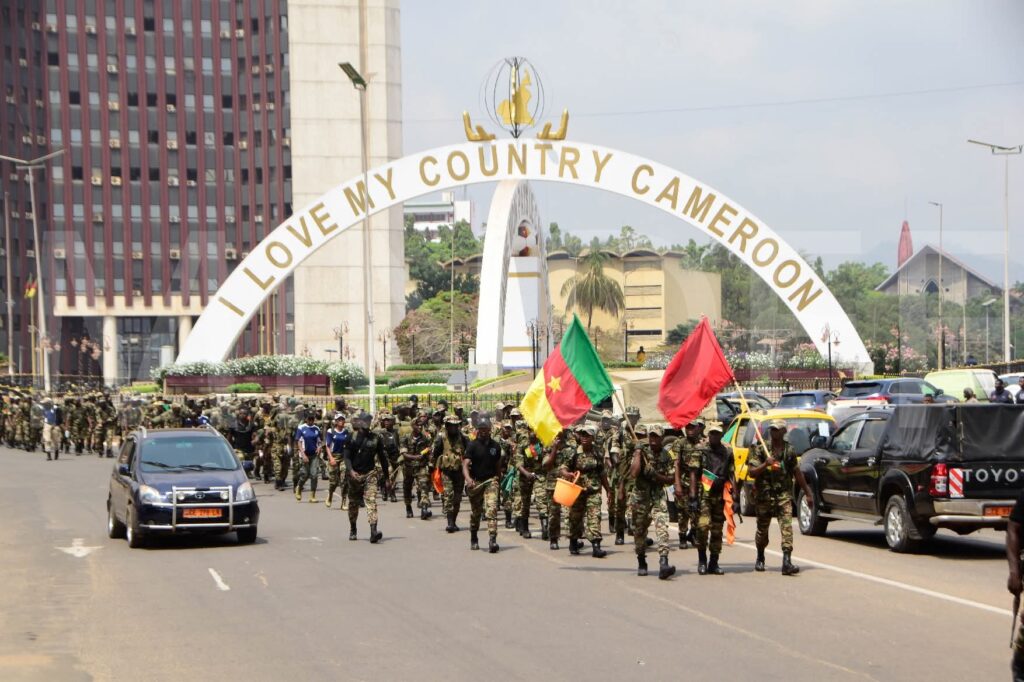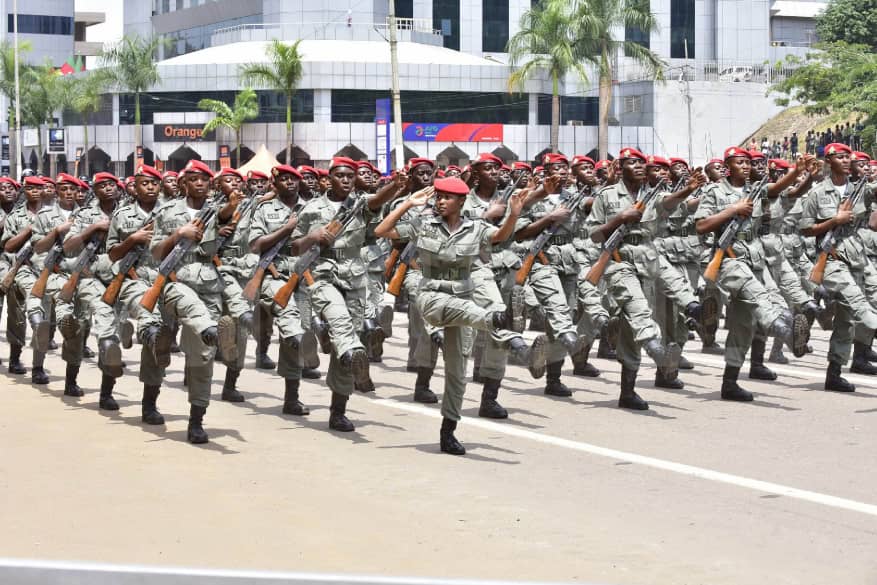By Isidore Abah
In the lead-up to the 2025 elections, Cameroon’s Defence and Security Forces must maintain a stance of political neutrality.
This approach ensures that these forces serve the entire nation fairly and without bias, ultimately contributing to a stable and democratic electoral process.
Cameroon stands at a critical juncture, poised on the cusp of a significant political transition.
The Head of State’s call to convene the electorate on Sunday, October 12, for the anticipated 2025 presidential election signifies a pivotal moment in the nation’s political history.
This forthcoming election is crucial, serving either to legitimise a nearly five-decades-long gerontocracy or to usher in a new third republic.
Regardless of the outcome, it is evident that the political landscape of Cameroon will irrevocably change following the October 12 polls.
The primary aspiration of the Cameroonian populace is for an election characterised by peace, fairness, and transparency, qualities that align with the tenets of a democratic state. Achieving such an outcome necessitates the active participation and collaboration of all stakeholders involved in the electoral process.
Among these stakeholders, the defence and security forces hold a particularly critical role before, during, and after the elections.
Historically, there has been a pervasive perception among the general public that Cameroon’s defence and security forces function as instruments of repression, often utilised by the ruling elite to suppress dissent.
They have increasingly been viewed as loyal to the ruling party rather than to the citizens they are meant to serve. This alignment has led to their involvement in quelling dissenting voices, stifling divergent political ideologies, and obstructing calls for transparency and accountability within public administration.
Moreover, allegations persist that these forces have been complicit in electoral malpractice over the years.
The upcoming 2025 elections present a distinctive opportunity for the defence and security forces to rehabilitate their tarnished reputation amongst the citizenry.
They must adhere to their guiding principles of “Honour and Fidelity,” not towards any politician, political party, or regional group, but rather towards the entirety of the Cameroonian populace and the institutions of the State.
Such honour and fidelity must prioritise the collective interests of the nation above political affiliations.

An unwavering commitment to impartiality in the execution of their duties is essential for several reasons:
Maintaining Public Trust: An apolitical stance allows defence and security forces to cultivate trust and confidence among citizens, ensuring that they are viewed as neutral protectors rather than partisan entities.
Preserving Institutional Integrity: Involvement in political affairs can compromise the integrity of defence and security institutions, leading personnel to prioritise political allegiances at the expense of their core missions.
Preventing Conflicts of Interest: By eschewing political entanglements, the defence and security forces can avoid situations where personal or political affiliations impact critical decision-making processes, particularly in relation to national security and public safety.
Upholding Democratic Principles: A commitment to remaining apolitical helps reinforce democratic governance, permitting elected officials to make policy decisions while allowing military and police forces to focus on implementation and enforcement.
Avoiding the Militarisation of Politics: When military entities engage in political activities, it can create a militarised political climate, undermining civil governance and potentially fostering authoritarian tendencies.
Ensuring Focus on Their Mission: By distancing themselves from political machinations, defence and security forces can concentrate on their fundamental mission of safeguarding the nation and responding effectively to crises.
Mitigating Civil-Military Tensions: Political involvement can exacerbate tensions between civilian populations and military forces, complicating the civil-military dynamic and threatening national unity.
Promoting Professionalism: An apolitical orientation fosters professionalism within the ranks, highlighting the significance of skill, training, and operational efficacy over political connections.
Facilitating National Stability: By maintaining neutrality, the defence and security forces can contribute to a more stable political environment, thereby diminishing the likelihood of coups, uprisings, or violent conflict.
Fostering International Relations: Many international collaborations and partnerships hinge on a clear demarcation between military roles and political agendas. An apolitical stance enhances a nation’s credibility on the global stage.
In light of the numerous allegations directed at the Cameroon defence and security forces, the upcoming election presents a crucial moment for these individuals in uniform to rehabilitate their public image and reaffirm their commitment to serving all Cameroonians.

